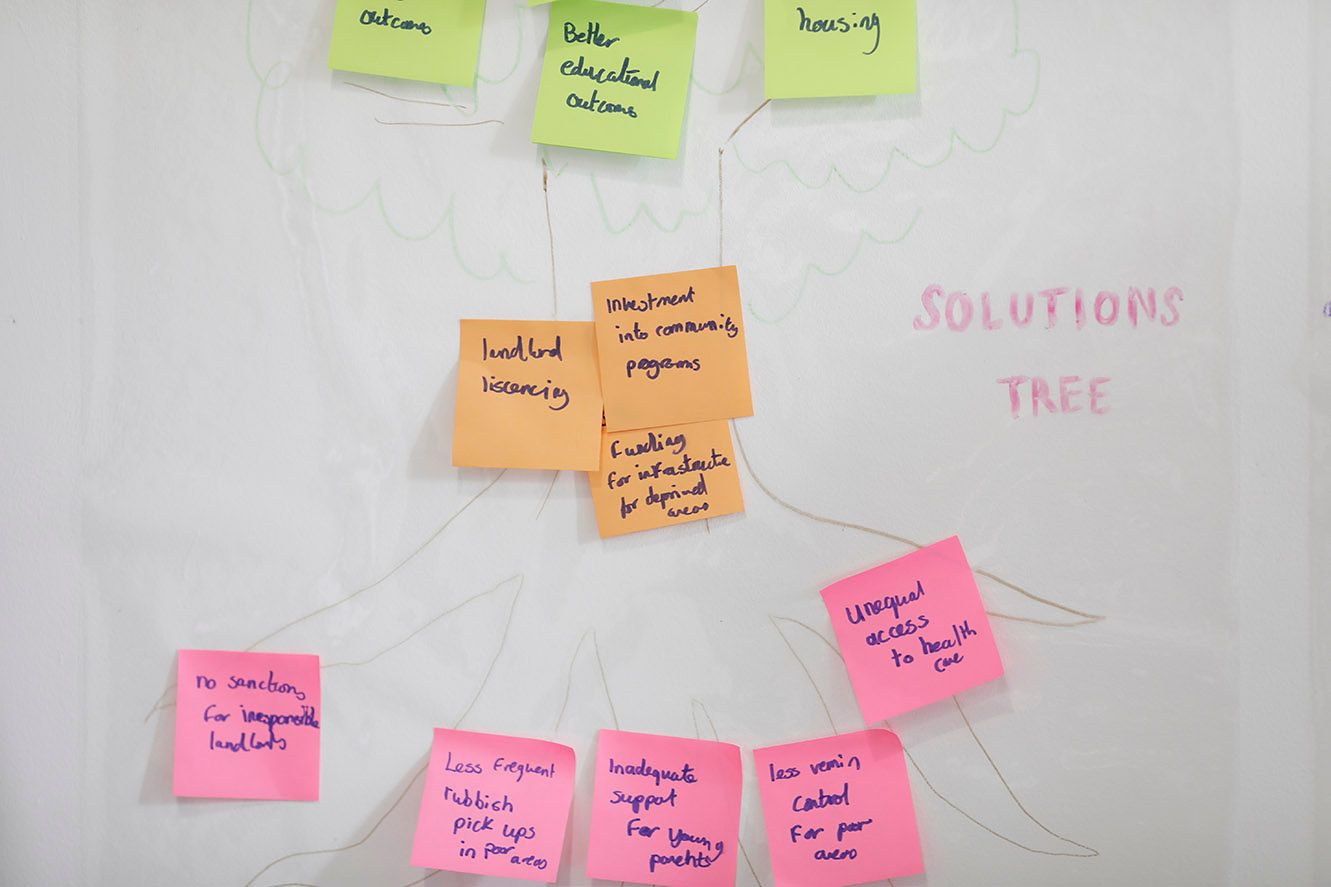Since 2019, Lloyds Bank Foundation has been working with six communities: Bolsover, Great Yarmouth, Halton, Merthyr Tydfil, Redcar and Cleveland, and Telford and Wrekin. In each of these communities, the Foundation has brought together public and private organisations, academic institutions, and people who live locally, to explore new ways of strengthening small charities and designing and resourcing local services to better support people facing complex issues.
Brightpurpose has been observing and evaluating the Foundation’s approach and helping the Foundation’s Communities Team to apply learnings.
Lloyds Bank Foundation’s Communities Team ('the Team') was created to innovate. Its purpose is to explore and facilitate new ways of strengthening small charities and designing and resourcing local services. The ultimate goal is to develop stronger, more sustainable services for people facing complex challenges.
Innovation involves trying new things, learning quickly from both successes and failures, and applying that learning to what comes next. This needs an evaluation approach that reflects the developmental and experimental nature of the work.







